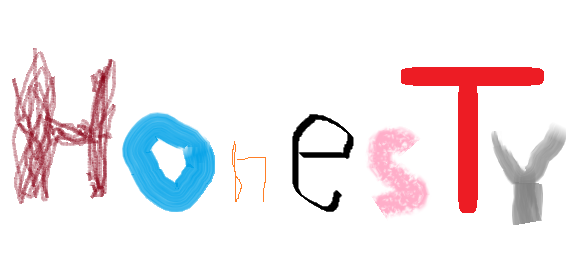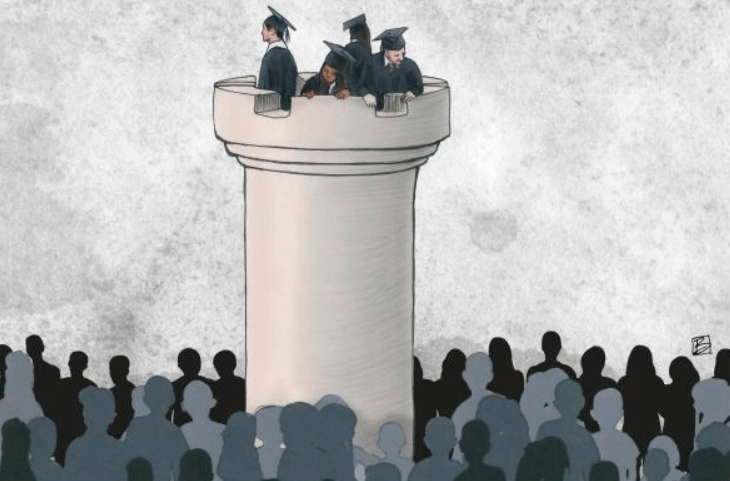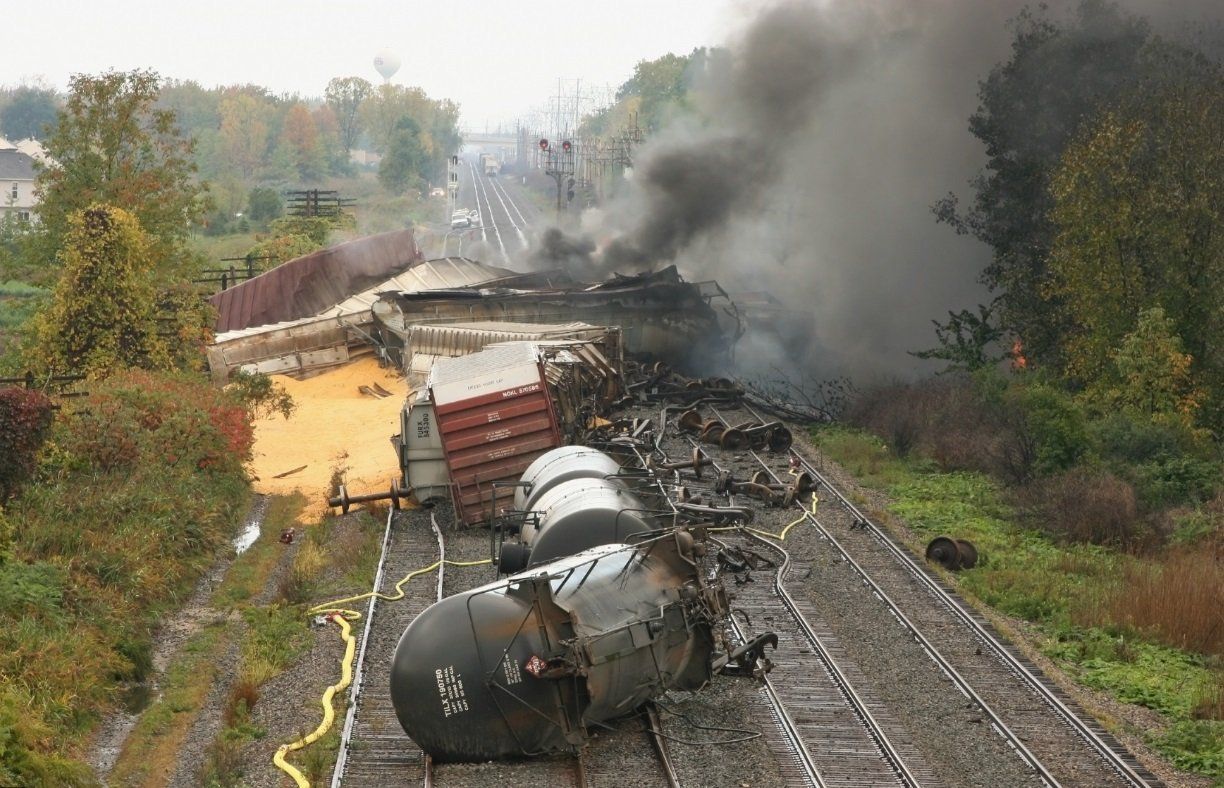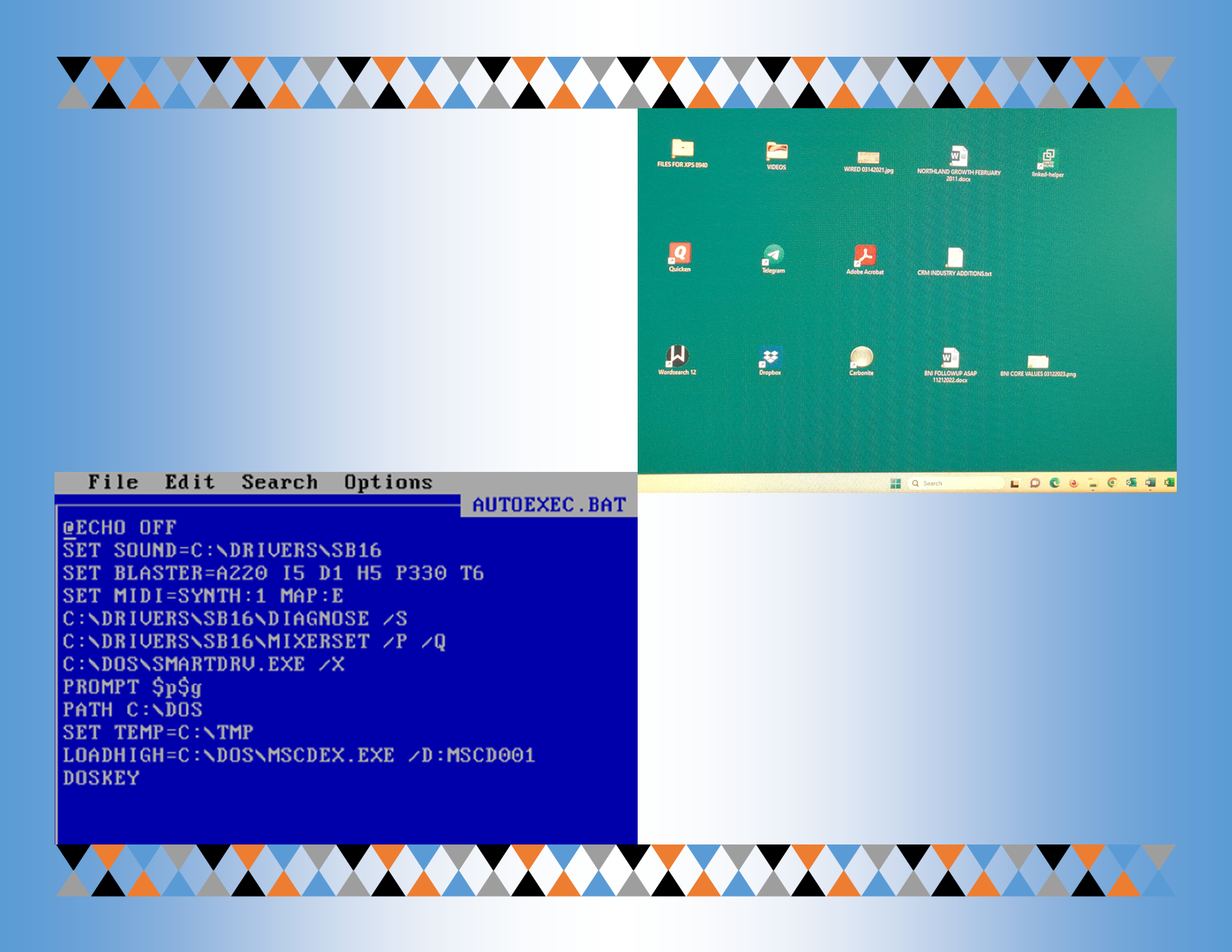WHY YOU CANNOT AFFORD DERAILED DIVERSITY
A company can know a lot about diversity yet not fully implement diversity. Many reasons exist for this discrepancy. It’s one thing to sign onto a policy, it’s something else to take action on all levels. Leadership blockages can occur, personal bias can hinder, and blind spots can persist.
When Danielle Brown stepped in as the new chief diversity and inclusion officer at Intel, she made similar discoveries. Her narrative is revealing (as told to Vauhini Vara, Bloomberg Businessweek . 9/19/16–9/25/16, p. 54):
“ Our underrepresented employees of color continually left Intel in greater numbers than their white and Asian counterparts. I wanted to understand why. Intel really values tenure and the tribal knowledge that comes with working at a place for many years. A lot of our diverse employees happen to be newer, and they told me, ‘Look, you hired me for my experience, but now I’ve come in and you don’t value my external perspective.’ We also learned that a manager could make or break a person’s experience. ”
This is one of the most powerful, recent examples of diversity derailment I have seen. Brown’s discoveries highlight a couple crucial concepts to me:
- Institutional Knowledge. Institutional knowledge is the collective consciousness and knowledge accumulated in any organization via its workforce. The longer the organization has existed and the larger the workforce, the more extensive and ingrained will be that institutional knowledge. Institutional knowledge is very good. It tells us how we operate. It preserves technical information, intellectual property, and corporate wisdom. However, institutional knowledge can subtly become very bad when it has an unconscious resistance to change . . . and diversity means change.
- One Manager. As we’ve often heard said, very few workers leave a company. They leave a boss. That’s why Brown states that a manager can make or break the employee’s experience. This underscores the need for continuous reflection. Every organization from the top down and the bottom up must be in a state of continuously examining, testing, and refining how it does diversity because sadly, diversity can be derailed via one person. When that happens, everyone loses.
So what do we do about this? Here are two prescriptions that work:
- Dealing With Institutional Knowledge. The hope and the goal is that we come to a place in which institutional knowledge is properly valued, preserved, and refined, yet with an ongoing openness to new information. Ultimately, diversity should infuse institutional knowledge so that both are preserved. As important as institutional knowledge is, it will have no use if the organization dies. Fighting diversity is one way to kill an organization.
- Dealing With One Manager. Every manager should arrive at a place in which sufficient emotional intelligence and self-awareness prevail that diversity principles and practices are automatic. This demands commitment, training, and accountability. For the managers that can accomplish this, they will ultimately become better managers, and that means everyone wins, including the organization and its customers.
Is a diversity commitment going to cost your company some money? Yes, big time. However the ROI repeatedly vindicates diversity. So you can allocate more resources to diversity today and enjoy a larger payback tomorrow, or you can scrimp on diversity today and guarantee no payback tomorrow. The cost/benefit analysis, the smart solution, and the ethical imperative all rule in favor of investing in diversity today.











